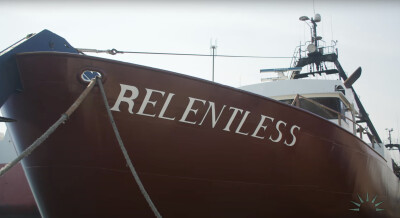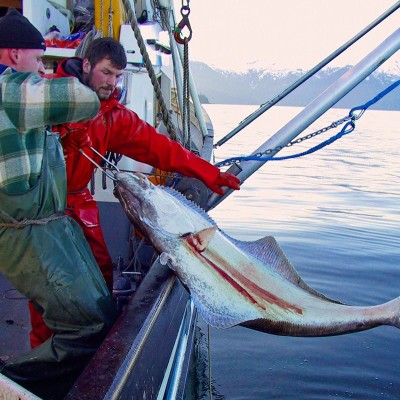With contradicting figures, researchers look to fix forecasting models
According to an update from the American Lobster Settlement Index for 2016, the number of young lobsters in the Gulf of Maine has been declining since 2007 and doesn’t show signs of reversing soon.
The international monitoring program annually takes count of the population of newly settled lobsters at more than 100 sites throughout New England and Canada. This year, sites from New Brunswick to Cape Cod Bay reported some of the lowest settlements since the late 1990s.
Since it takes about seven years for a lobster to reach harvest size, the index indicates that Maine lobstermen should have seen a drop in landings over the past few years. But the opposite has happened — lobstermen have experienced record highs in volume and value in recent years, landing $533.1 million in lobster in 2016.
Rick Wahle, a University of Maine scientist and founder of index, says scientists need to explore the disconnect between their data and the undeniable abundance of lobsters, and then fine-tune their forecasting models.
“If we were to see a collapse in the lobster catch, it would mean that we’re already seven to eight years into a decline in the population,” said Wahle.
A downward trend in lobster populations would have a serious effect on Maine’s economy — preliminary figures show lobster accounted for 74 percent of the state’s $721.2 million in seafood landings.
Scientists say the increased mortality rate of settling lobster larvae could be connected to changes in quantity or quality of the copepod Calanus finmarchicus, the main food source for larval lobsters.







